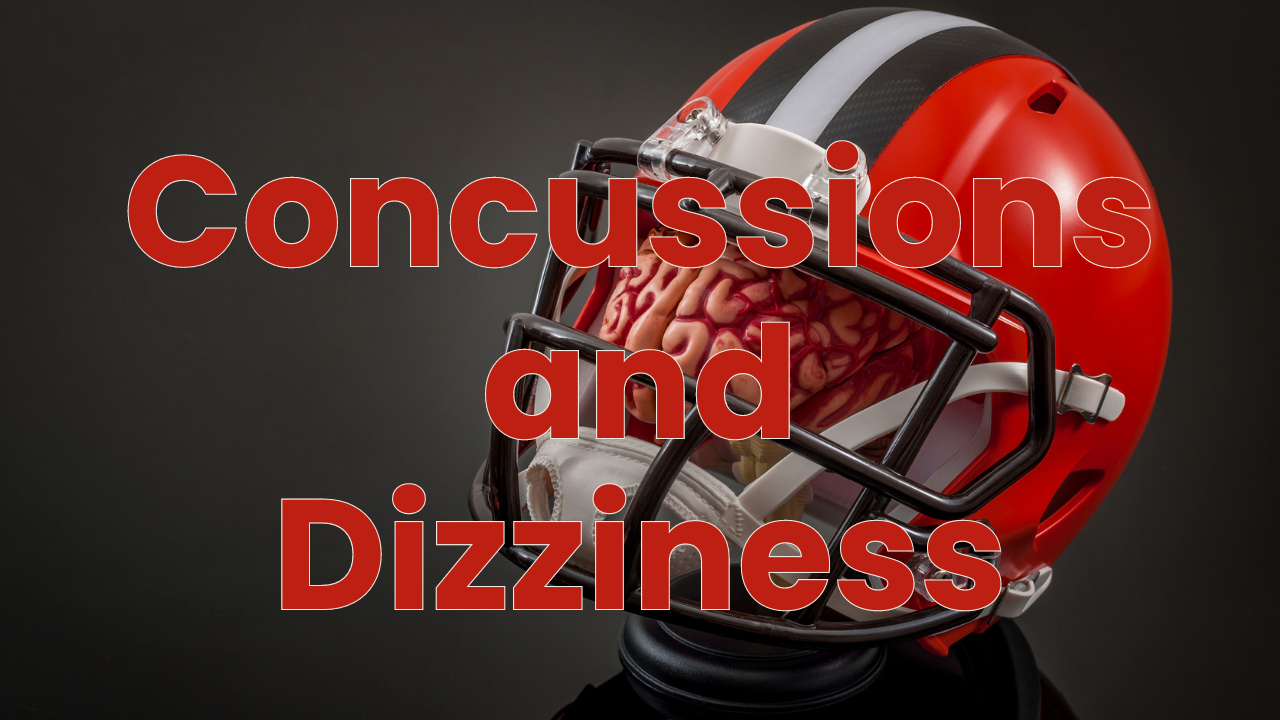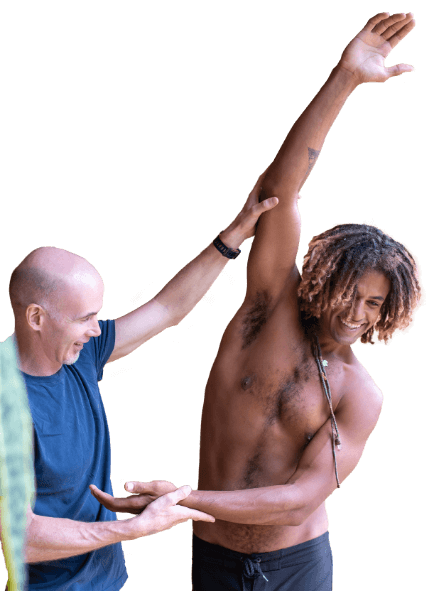
When it comes to understanding and treating concussions, the latest episode of my podcast “Your Lifestyle is Your Medicine” offers an enlightening perspective on a subject that affects millions each year.
I recently interviewed Dr. Perry Mayard, a board-certified chiropractic neurologist, in episode 36 of the podcast. We unravel the complexities of concussions and post-concussive syndrome; his expertise emphasizes the need for a clear understanding of this mechanism for proper diagnosis and management. In this article, I want to share some of the nuggets that we discussed.
The Definition of a Concussion
A concussion is a brain injury that occurs when a force is transmitted to the body, whether it be the head or another part of the body. The brain, which sits inside the skull surrounded by cerebral spinal fluid, can experience a movement or sloshing effect when a force is transmitted to the body. This movement can lead to the stretching of high-speed connections in the brain, resulting in a concussion. It is important to note that a concussion can occur without a direct hit to the head. Force transmitted to other parts of the body can still cause a concussion. This is something to be aware of in both sports and life when you don’t directly hit your head but still have symptoms of a concussion.
Diagnosing a Concussion
In the acute setting, such as sports-related concussions, a concussion can be diagnosed using a sports concussion assessment tool like SCAT (Sports Concussion Assessment Tool). This tool includes assessments for levels of consciousness, neck fractures, brain bleeds, visual tracking, inner ear function, balance, and cognitive function. In the chronic setting, where patients present with symptoms months or years after a concussion, a more detailed evaluation is required. Neurologists will use a host of different assessments such as;r visual tracking, balance, inner ear function, and cognitive function can help diagnose the type and severity of a concussion.
Treatment Options for Concussions and Dizziness
The treatment for concussions and dizziness varies depending on the specific symptoms and underlying causes.
Concussions have different subtypes which all present with different symptoms and need different approaches for rehabilitation.
Treatment approaches:
I know from personal experience and from treating patients for 20 years that concussions and dizziness can have a significant impact on an individual’s well-being and daily functioning. I still think I can’t speak French because of all the rugby I used to play…that’s my excuse anyway.
It’s crucial to understand the definition of a concussion, how concussions are diagnosed, and the available treatment options. If you or someone you know is experiencing symptoms related to concussions or dizziness, it is essential to seek professional evaluation and appropriate treatment.
Watch the full interview below or listen to it HERE via your favorite blog service.

Over the last 10 years Ed has been building a YouTube library to help people manage their own pain or movement limitations and increase performance through exercise. He regularly adds videos so be sure to subscribe and visit regularly


"Oh My Gosh- I am ALREADY feeling relief after a few days! I used to wake up 2-3 times a night with shooting pain that anti inflammatories couldn't touch. Now I have been waking up just because I want to notice what it feels like to lay in bed pain free- THANK YOU!."

"When I first started with your program I was experience a lot of pain. Walking was difficult. I had to stop and catch my breath every few minutes and lean against a wall for support. Now when I walk with my husband we go for over an hour. I never had to sit down and stop...and, hardly any pain!!! 😊😊 I can’t thank you enough."
Frustrated that you aren't recovering fast enough?
Discover how to heal from illness and injury using movement, food and lifestyle.